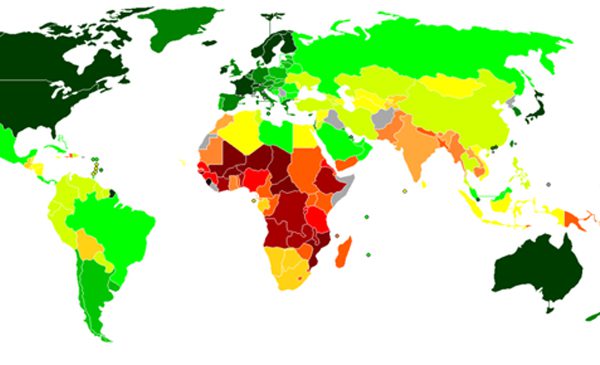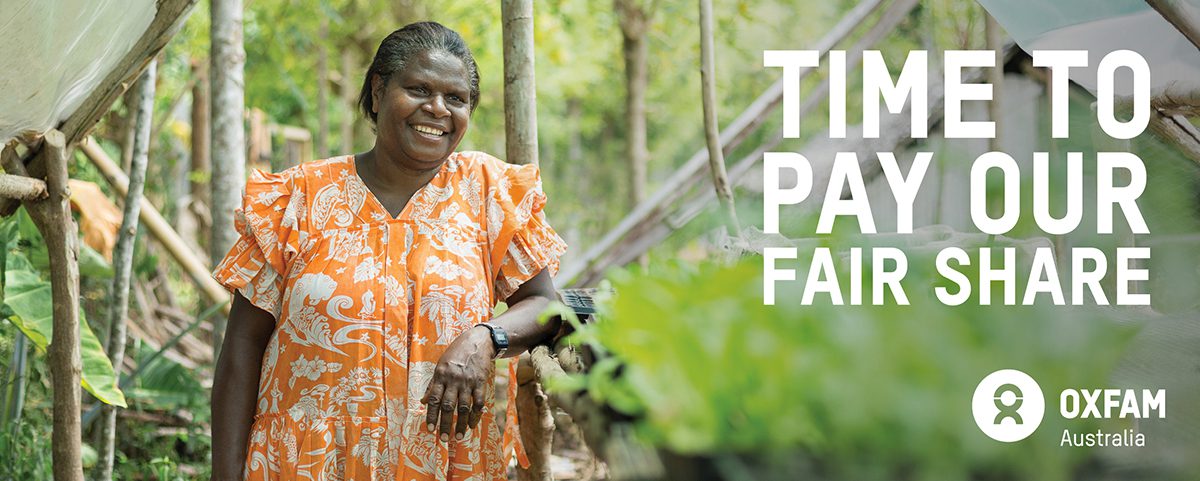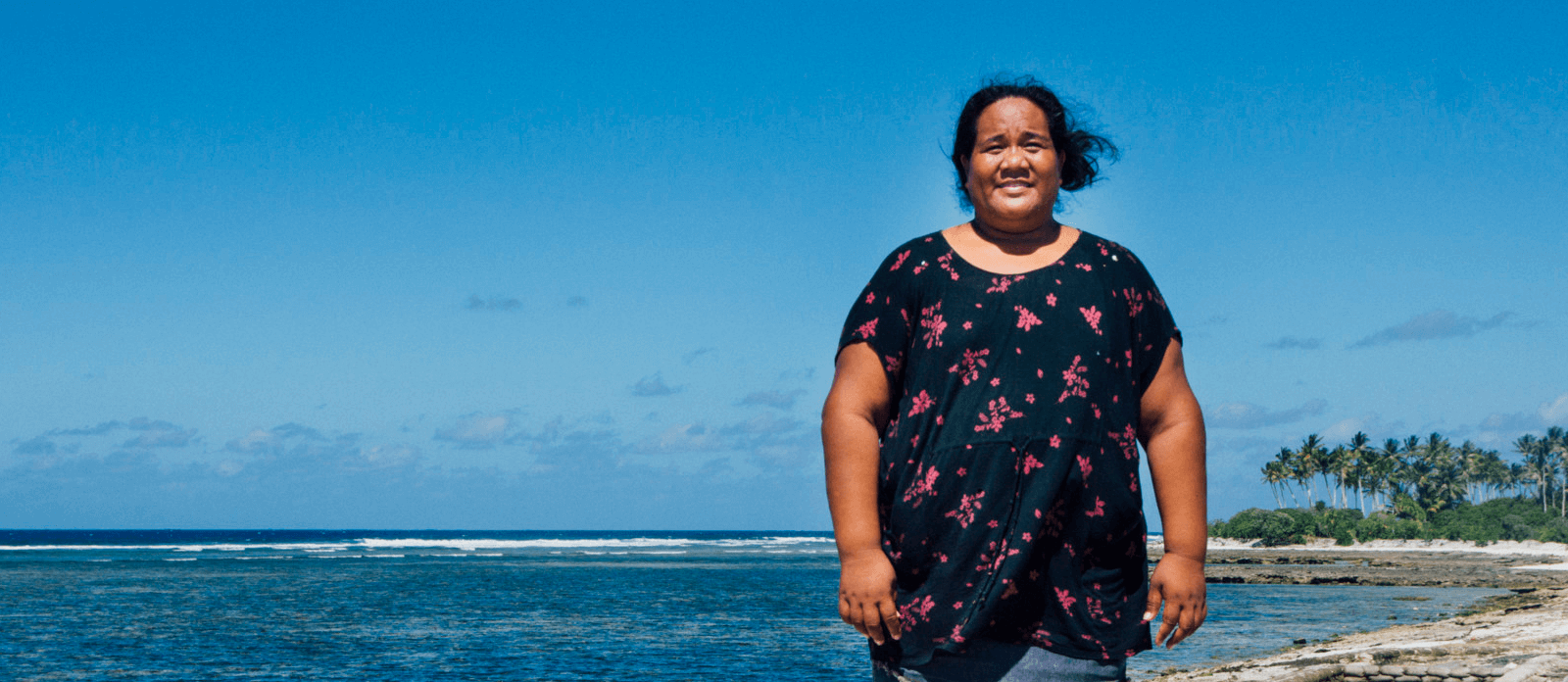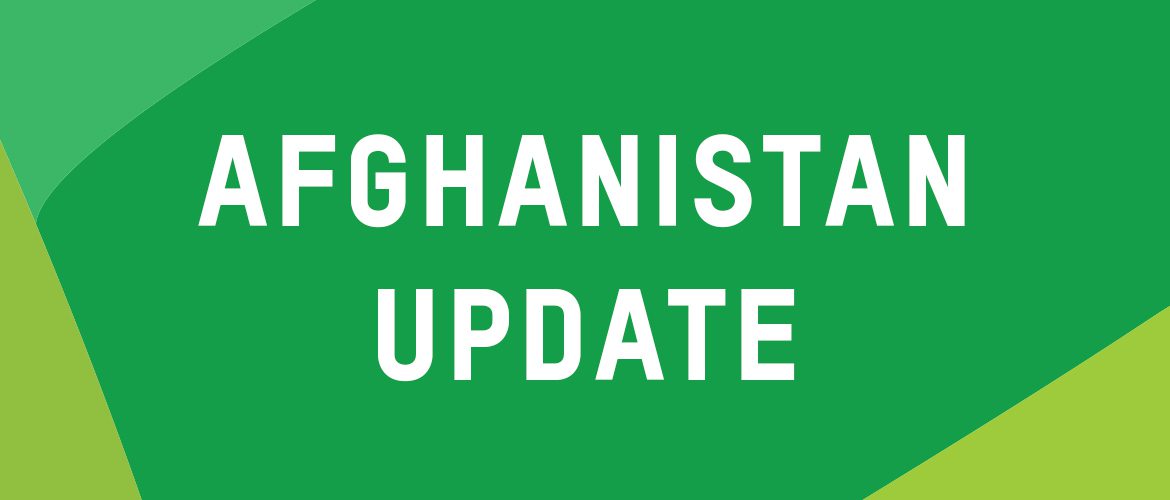By Tim Norton
For years, the United Nations have judged the world’s progress by ranking each country on its Development Index. This scores each nation in terms of education, health, economic growth and other key factors. But one analyst is now questioning the future validity of this scale – particularly since it doesn’t take into account whether any ‘development’ is ecologically sustainable.
Chuluun Togtokh is a professor of ecosystem and sustainability sciences at the National University of Mongolia in Ulaanbaatar and vice-chair of Mongolia’s Global Change National Committee, and writes in Nature that:
I recalculated the index using the UN’s published methodology, but taking per capita emissions into account. The resulting [Human Sustainable Development Index (HSDI)] gives some interesting results.
Australia, the United States and Canada fall straight out of the top 10: Australia slides from 2nd place to 26th, the United States drops from 4th to 28th, and Canada falls from 6th to 24th. Cultures that value moderation do well in this sustainability index: Norway remains in the top position, Sweden rises from 10th to 2nd and Switzerland moves from 11th to 3rd. But anyone who has visited the Nordic countries will recognize that moderation need not compromise a high standard of living. And for the first time, an Asian state appears in the top ten. Hong Kong rises from 13th place to 4th. Japan and South Korea, originally just outside the top ten, move down by only one or two places.
Noticeably, oil-producing countries and those with intensive oil use drop the most. The United Arab Emirates, Brunei Darussalam, Qatar, Luxembourg and Bahrain are no longer listed in the ‘Very High Human Development’ quartile.
Using the HSDI, Mongolia advances slightly. My country is likely to become one of the fastest growing economies in the world, but the current HDI offers no encouragement for it to grow sustainably. Ulaanbaatar is already one of the worst capital cities in the world for air pollution. The country’s water, forage and forest resources are depleted. Mongolia is at a turning point in environmental, social, economic, political and cultural development. We urgently need international collaborations to preserve our natural and cultural systems and introduce green technologies.
His HSDI rankings are available here (pdf). Now that Australia has put a price on carbon, we can presumably rise up from the 26th rung of this new scale.
What do you think? Should the UN update the rankings to take economic impact into account?
via io9




